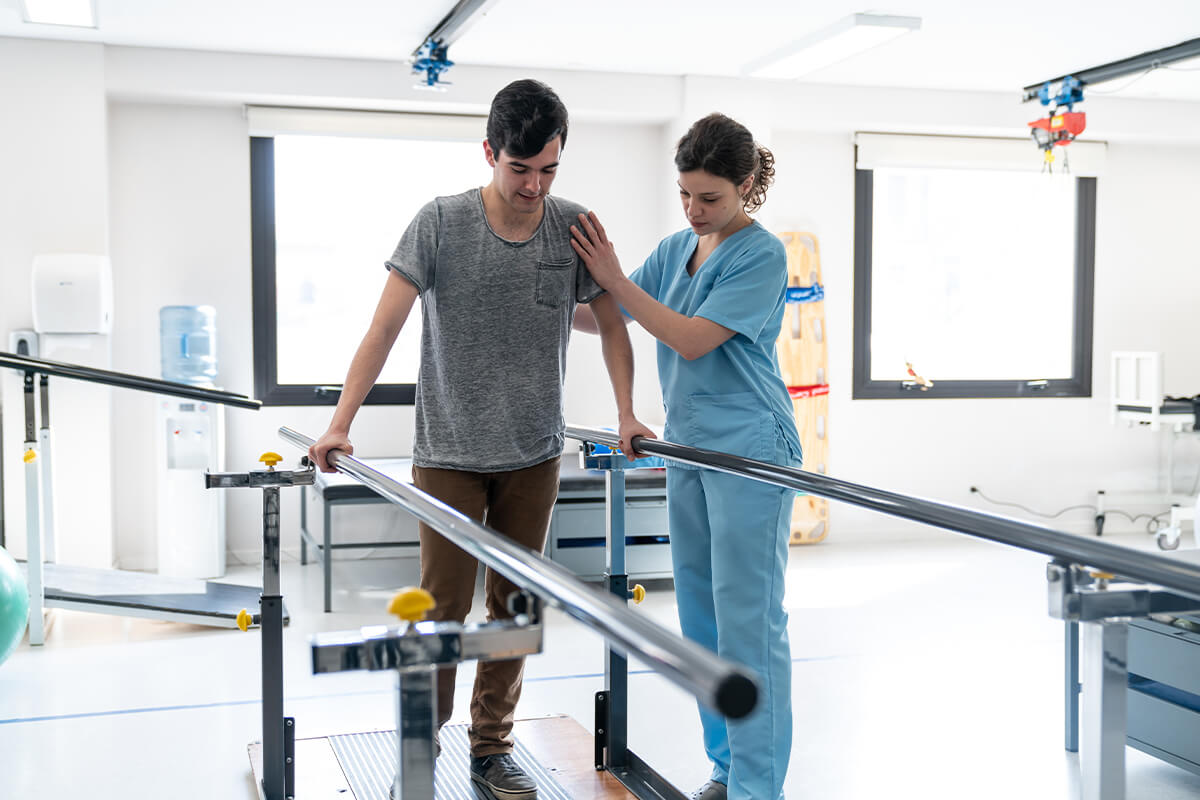Occupational Therapy
Time to take back your independence

Occupational therapists help people achieve independence in daily occupations such as self-care skills and leisure and work activities. When people have strokes, sustain injuries, or have chronic mental or physical health problems, occupational therapists help them engage in occupations or everyday activities that are personally meaningful, socially satisfying and culturally relevant to help them restore a sense of normal life and independence.
Occupational therapy is about helping people return to doing the day-to-day tasks that fill our normal days, make us feel useful and happy and help us contribute to our families and communities.
What does occupational therapy involve?
Occupational therapists help you achieve greater independence through:
- Rehabilitation of cognitive deficits (memory, attention, complex reasoning)
- Motor function and strength
- Gross motor and fine motor skills
- Sensory function (vision, visual perceptual functioning, perception of touch)
Another important area of intervention is helping you change your environment so you can use your space better, whether you have physical or mental issues that make your daily life harder. Your occupational therapist will also see if you need any specialized equipment to help you complete daily activities.
Adventist Health inpatient and outpatient occupational therapy programs include:
- Activities of daily living (ADLs) training
- Functional transfer training (like moving from a seated to a standing position to use the toilet, shower and tub)
- Bathroom durable medical equipment assessment and training
- Upper extremity range of motion and strengthening
- Upper extremity splint fabrication
- Adaptive device instruction
- Cognitive retraining
- Visual assessment
- Visual and visual perceptual assessment and retraining
- Upper extremity function
- Fine motor coordination
- Caregiver training
- Neuromuscular re-education